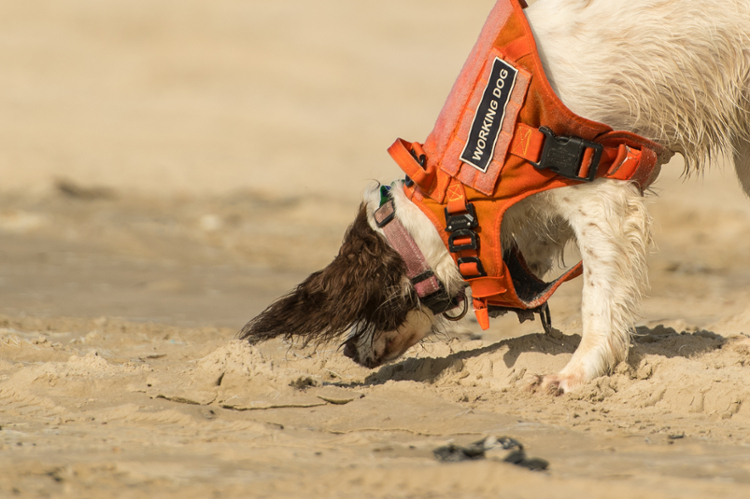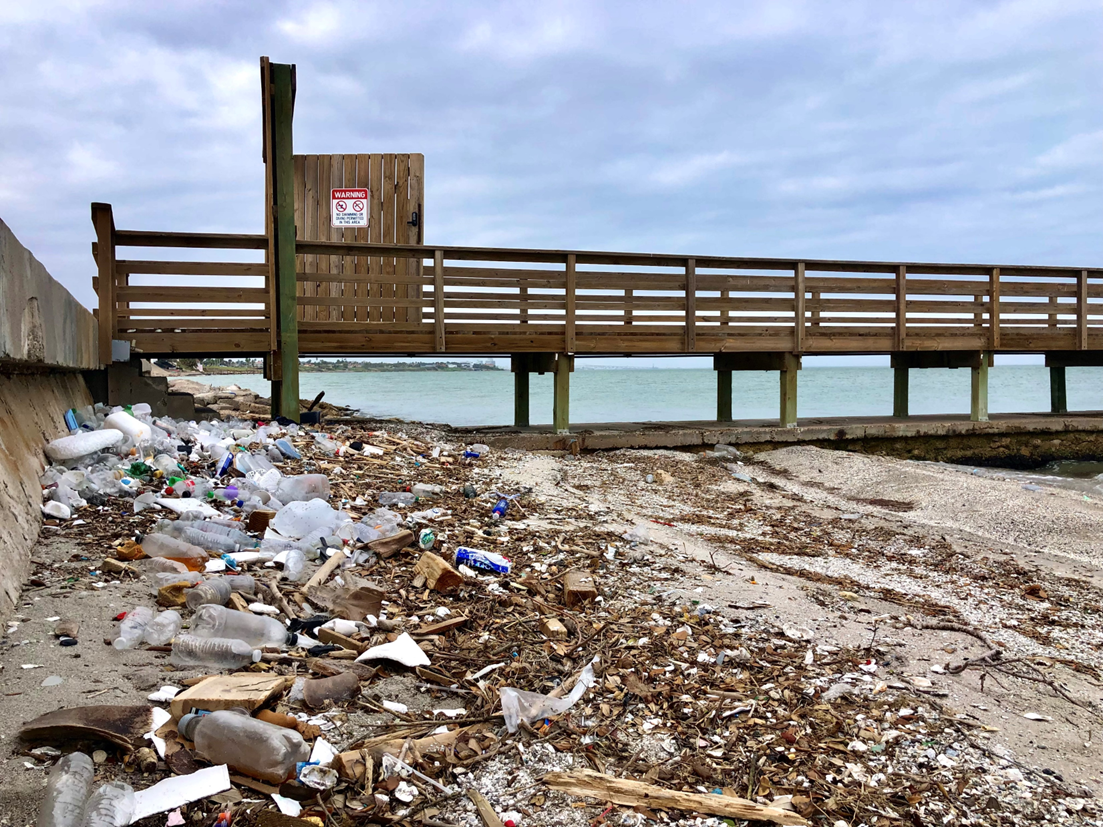Islander Professor Receives Prestigious Fellowship, plans to use Funding to Support Islander Student Research
CORPUS CHRISTI, Texas – Contributing research to assist in environmental stewardship, providing innovative programs at Texas A&M University-Corpus Christi, and supplying student support is what Dr. Christopher Patrick, assistant professor in the Department of Life Sciences, brings to Islander community. In recognition of this, Patrick was one of 20 individuals from around the country to receive a 2018 Early-Career Research Fellowship from the Gulf Research Program of the National Academies of Sciences, Engineering, and Medicine (NASEM).
“It’s a great honor to receive this fellowship,” Patrick said. “Science is a competitive business, so it’s validating to know somebody looked at my portfolio and thought ‘this guy is doing good work and we want to support it.’”
The fellowship included a two-year grant of $76,000 to assist with Patrick’s research expenses and professional development. With this aid, Patrick plans to refurbish or replace lab equipment, take on extra projects, travel to more conferences and events, add another master’s student to his lab, and support those students by taking them to conferences.
“It’s fulfilling to be able to provide more monetary support to student research,” Patrick shared. “Because of this funding, I can also increase the opportunities our students have to gain exposure at public presentations and networking opportunities.”
Because of the nature of his projects and research, Patrick is helping set the next generation of scientists up for success. He redesigned the summer I field and methods class to allow undergraduate students to assist with performing annual sampling in the Coastal Bend’s multiple ecosystems. This data is then used to assist in research by the Marine Global Earth Observatory (MarineGEO) Texas program. MarineGEO Texas, part of the national MarineGEO program, is directed by the Smithsonian’s Tennenbaum Marine Observatories Network and is co-sponsored by Texas A&M-Corpus Christi and the University of Texas Marine Science Institute. The goal of MarineGEO is to observe coastal biodiversity changes across the world and use a network of sites as a platform for coordinated experiments.
“There are no other established sites in the Gulf of Mexico that are part of the MarineGEO network,” Patrick said. “It’s thrilling to be a part of this program because, right now, we’re leading the charge for the Gulf of Mexico.”
Patrick’s group of graduate students, technicians, undergraduate research students, and volunteers, also receive customized learning opportunities while aiding him in his research endeavors. One project the lab is working on includes a study on building an understanding of coastal plain stream and river dynamics and how they impact the estuaries in the Coastal Bend. Another project includes building a gulf-wide dataset and large-scale analyses linking land-use, shoreline-use, the climate, precipitation, and other factors to local estuarian integrity and health.
While a mentor himself, Patrick is also receiving mentorship from Dr. Paul Montagna, endowed chair for Ecosystems Studies and Modeling at the Harte Research Institute for Gulf of Mexico Studies at A&M-Corpus Christi. As part of the fellowship, recipients were required to select a senior faculty at their university who could offer guidance, advice, and suggestions. Patrick says it only made sense to choose such a well-respected and accomplished senior scientist like Montagna.
Early-Career Research Fellowships are awarded to faculty who are at the pre-tenure phase of their careers and are leading work that the NASEM deems valuable for future contributions to improving offshore energy system safety, human health and well-being, or environmental stewardship.
“I have many long-term goals,” shared Patrick. “I want to make tenure, I want to be an established figure in my field, and I want to continue examining the understudied environmental issues of the Coastal Bend while adding to the wealth of scientific data out there.”






